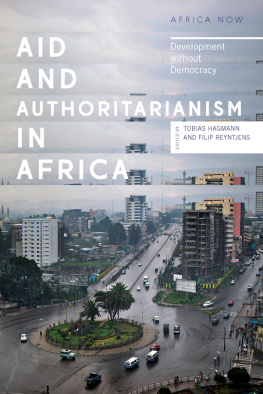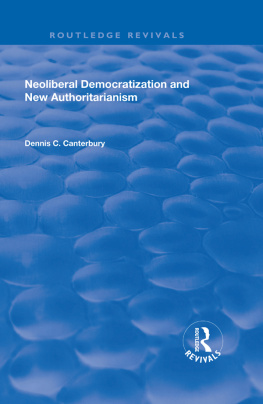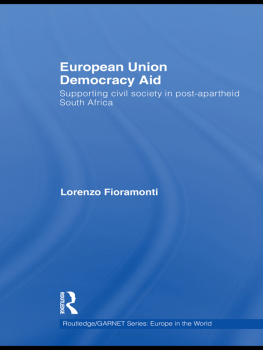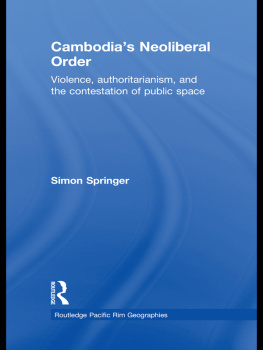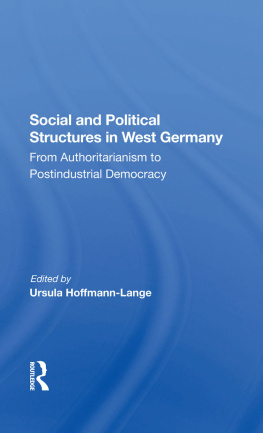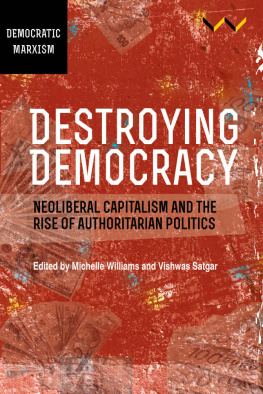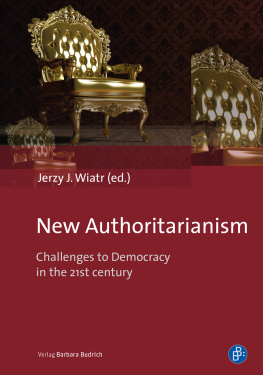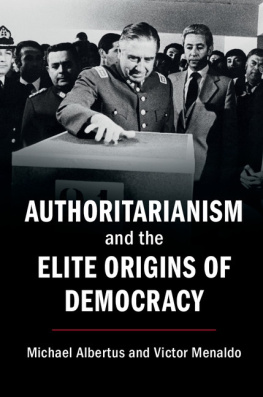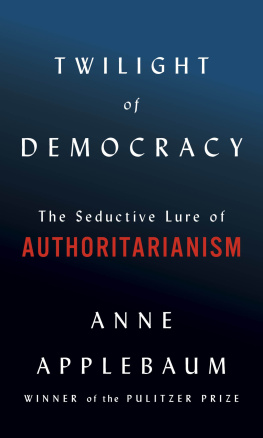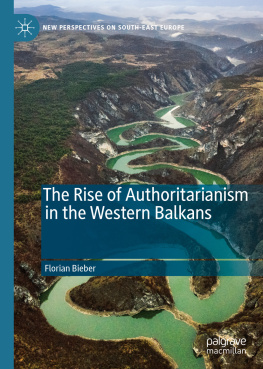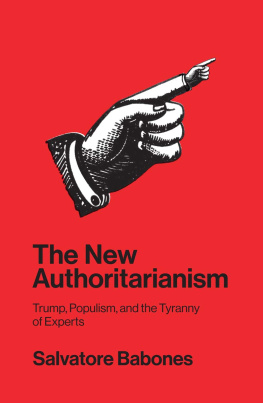
Africa Now
Africa Now is published by Zed Books in association with the internationally respected Nordic Africa Institute. Featuring high-quality, cutting-edge research from leading academics, the series addresses the big issues confronting Africa today. Accessible but in-depth, and wide-ranging in its scope, Africa Now engages with the critical political, economic, sociological and development debates affecting the continent, shedding new light on pressing concerns.
Nordic Africa Institute
The Nordic Africa Institute (Nordiska Afrikainstitutet) is a centre for research, documentation and information on modern Africa. Based in Uppsala, Sweden, the Institute is dedicated to providing timely, critical and alternative research and analysis of Africa and to cooperation with African researchers. As a hub and a meeting place for a growing field of research and analysis, the Institute strives to put knowledge of African issues within reach for scholars, policy-makers, politicians, media, students and the general public. The Institute is financed jointly by the Nordic countries (Denmark, Finland, Iceland, Norway and Sweden).
www.nai.uu.se
Forthcoming titles
Henning Melber (ed.), The Rise of Africas Middle Class
Anders Themnr (ed.), Warlord Democrats in Africa
Paul Higate (ed.), Private Security in Africa
Titles already published
Fantu Cheru and Cyril Obi (eds), The Rise of China and India in Africa
Ilda Lindell (ed.), Africas Informal Workers
Iman Hashim and Dorte Thorsen, Child Migration in Africa
Prosper B. Matondi, Kjell Havnevik and Atakilte Beyene (eds), Biofuels, Land Grabbing and Food Security in Africa
Cyril Obi and Siri Aas Rustad (eds), Oil and Insurgency in the Niger Delta
Mats Utas (ed.), African Conflicts and Informal Power
Prosper B. Matondi, Zimbabwes Fast Track Land Reform
Maria Eriksson Baaz and Maria Stern, Sexual Violence as a Weapon of War?
Fantu Cheru and Renu Modi (eds), Agricultural Development and Food Security in Africa
Amanda Hammar (ed.), Displacement Economies in Africa
Mary Njeri Kinyanjui, Women and the Informal Economy in Urban Africa
Liisa Laakso and Petri Hautaniemi (eds), Diasporas, Development and Peacemaking in the Horn of Africa
Margaret Lee, Africas World Trade
Godwin R. Murunga, Duncan Okello and Anders Sjgren (eds), Kenya: The Struggle for a New Constitutional Order
Lisa kesson and Maria Eriksson Baaz (eds), Africas Return Migrants
Thiven Reddy, South Africa, Settler Colonialism and the Failures of Liberal Democracy
Cedric de Coning, Linna Gelot and John Karlsrud (eds), The Future of African Peace Operations
About the editors
Tobias Hagmann is associate professor of international development at Roskilde University, a research associate with the Political Geography Chair at the University of Zurich and a fellow with the Rift Valley Institute in Nairobi and London.
Filip Reyntjens is professor of African law and politics at the Institute of Development Policy and Management, University of Antwerp. He is a full member of the Belgian Royal Academy of Overseas Sciences and a board member of several scientific organizations.
Aid and authoritarianism in Africa
Development without democracy
edited by Tobias Hagmann and Filip Reyntjens

Aid and Authoritarianism in Africa: Development without Democracy was first published in association with the Nordic Africa Institute, PO Box 1703, SE-751 47 Uppsala, Sweden, in 2016 by Zed Books Ltd, The Foundry, 17 Oval Way, London SE11 5RR, UK.
www.zedbooks.co.uk
www.nai.uu.se
Editorial copyright Tobias Hagmann and Filip Reyntjens 2016
Copyright in this collection Zed Books 2016
The rights of Tobias Hagmann and Filip Reyntjens to be identified as the editors of this work have been asserted by them in accordance with the Copyright, Designs and Patents Act, 1988.
Typeset in Minion Pro by seagulls.net
Index: Rohan Bolton
Cover design: www.alice-marwick.co.uk
All rights reserved. No part of this publication may be reproduced, stored in a retrieval system or transmitted in any form or by any means, electronic, mechanical, photocopying or otherwise, without the prior permission of Zed Books Ltd.
A catalogue record for this book is available from the British Library.
ISBN 978-1-78360-629-0 hb
ISBN 978-1-78360-628-3 pb
ISBN 978-1-78360-630-6 pdf
ISBN 978-1-78360-631-3 epub
ISBN 978-1-78360-632-0 mobi
Contents
TOBIAS HAGMANN AND FILIP REYNTJENS
RITA ABRAHAMSEN
ZO MARRIAGE
DAVID M. ANDERSON AND JONATHAN FISHER
EMANUELE FANTINI AND LUCA PUDDU
MARIE-EMMANUELLE POMMEROLLE
HELENA PREZ NIO AND PHILIPPE LE BILLON
NICOLAS VAN DE WALLE
Introduction: aid and authoritarianism in sub-Saharan Africa after 1990
Tobias Hagmann
and Filip Reyntjens
Introduction
This book explores the motives, dynamics and consequences of international aid given to authoritarian African governments.). In 2013, four of the ten most important aid recipients in Africa Ethiopia, Mozambique, Uganda and Rwanda were ruled by one-party regimes that do not allow for democratic participation and criminalize political dissent. While bilateral and multilateral donors constantly claim to be promoting democracy, good governance and human rights in Africa, many are effectively complicit in fostering development without democracy. The recent revival of the complicity between foreign aid and authoritarianism in the name of development is not only problematic, but also went largely unnoticed by both academics and the broader public. This book is thus a first and certainly incomplete attempt to draw attention to some of the illiberal effects of aid channelled to authoritarian political regimes in sub-Saharan Africa.
A significant body of scholarly work exists on why and how donors disburse aid, explaining both positive and negative impacts of development assistance with regards to economic growth, poverty, development and domestic governance. Yet much of this literature suffers from one of two shortcomings: it either conceives of aid in technocratic, managerial and ultimately apolitical terms or, alternatively, it seeks to explain the relationship between foreign aid typically modelled as the independent variable and democracy or democratization or the lack thereof often represented as the dependent variable. In other words, while economists and political scientists have scrutinized how and whether foreign aid contributes to democracy in recipient countries, the more sinister hypothesis that foreign aid strengthens autocracies has rarely been explored in the literature. Consequently, published research on the relationship between foreign aid and authoritarian governance in sub-Saharan Africa after 1990 namely in countries that benefit from substantial aid flows is close to non-existent.
The collusion between donors and one-party regimes or dictatorships in sub-Saharan Africa raises numerous questions. A main empirical puzzle, which has motivated the editors of this volume, is the following: why do donors not only support, but also align their policy agendas with authoritarian rulers who reject the very liberal democratic values that Western donors endorse? Where does this creeping African democracy fatigue, as Nicolas van de Walle puts it in his concluding chapter, emanate from and what is its significance for previous, current and future development paradigms? But donor assistance to undemocratic regimes also raises many moral questions, in particular concerning the manner in which prominent donor agencies such as the United States Agency for International Development (USAID), the UK Department for International Development (DFID) or the European Commissions (EC) various country development programmes have recently revised their earlier stances on democratization in favour of more narrow developmental objectives that are easily quantifiable, but come without freedom (). This shift is also due to competition from so-called emerging donors. More problematically, donors rhetoric about the supposed trade-off between political rights and economic development is neither approved nor shared by taxpayers living in donor countries nor by beneficiaries in Africa. Rather, the decision to continue or increase funding to authoritarian regimes is essentially the outcome of an elite bargain between donor and recipient governments.
Next page
